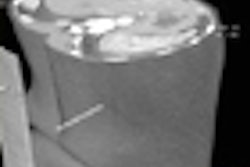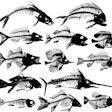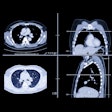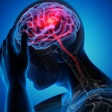Black tea is a safe and effective oral contrast agent for MR cholangiopancreatography (MRCP) examinations, according to an article published online 5 August in European Radiology.
Researchers from the Imam Khomeini Hospital of Tehran University of Medical Sciences, Iran, reported that use of black tea as an oral negative contrast agent reduced the signal intensity of fluids in the gastrointestinal tract and also better depicted the main pancreatic duct, the distal parts of the common bile duct, and the ampulla.
MRCP examinations are used to evaluate the pancreaticobiliary system of a patient. The techniques applied for the pancreaticobiliary tract are mainly based on heavily T2-weighted sequences, but fluid in the stomach and the duodenum may obscure the pancreatic and biliary ducts. The fluid can also mimic certain lesions.
Oral contrast agents containing manganese and iron are used to shorten the T2 relaxation time and to decrease the T2 signal from gastric and intestine fluid, but they can be expensive, in short supply, and may not be tolerated well by patients. Because black tea has a medium level of manganese, Dr. Hossein Ghanaati and colleagues at the Advanced Diagnostic and Interventional Radiology Research Center tested its effectiveness in a study involving 35 patients.
The visibility of the gallbladder, cystic duct, proximal and distal parts of the common bile duct, intraheptic ducts, ampulla of Vatar, main pancreatic duct, and signal loss of the stomach, and three different segments of the duodenum were investigated by an expert radiologist before black tea ingestion, and five and 15 minutes after ingestion. The researchers determined that the optimum time for MRCP is five minutes following ingestion. There was no change in the negative contrast property of the tea when sugar was added (40 grams to every 300 mL).



















